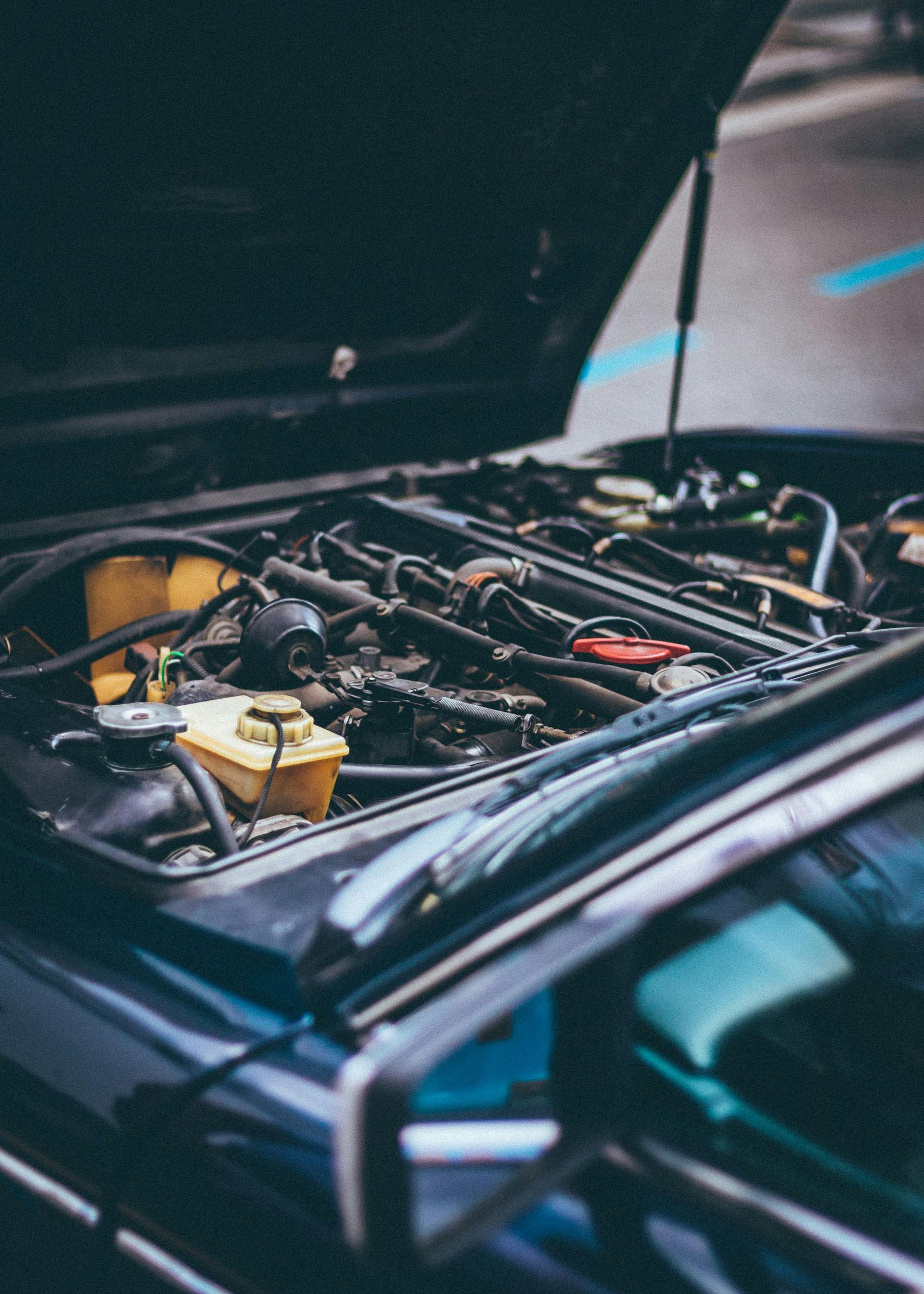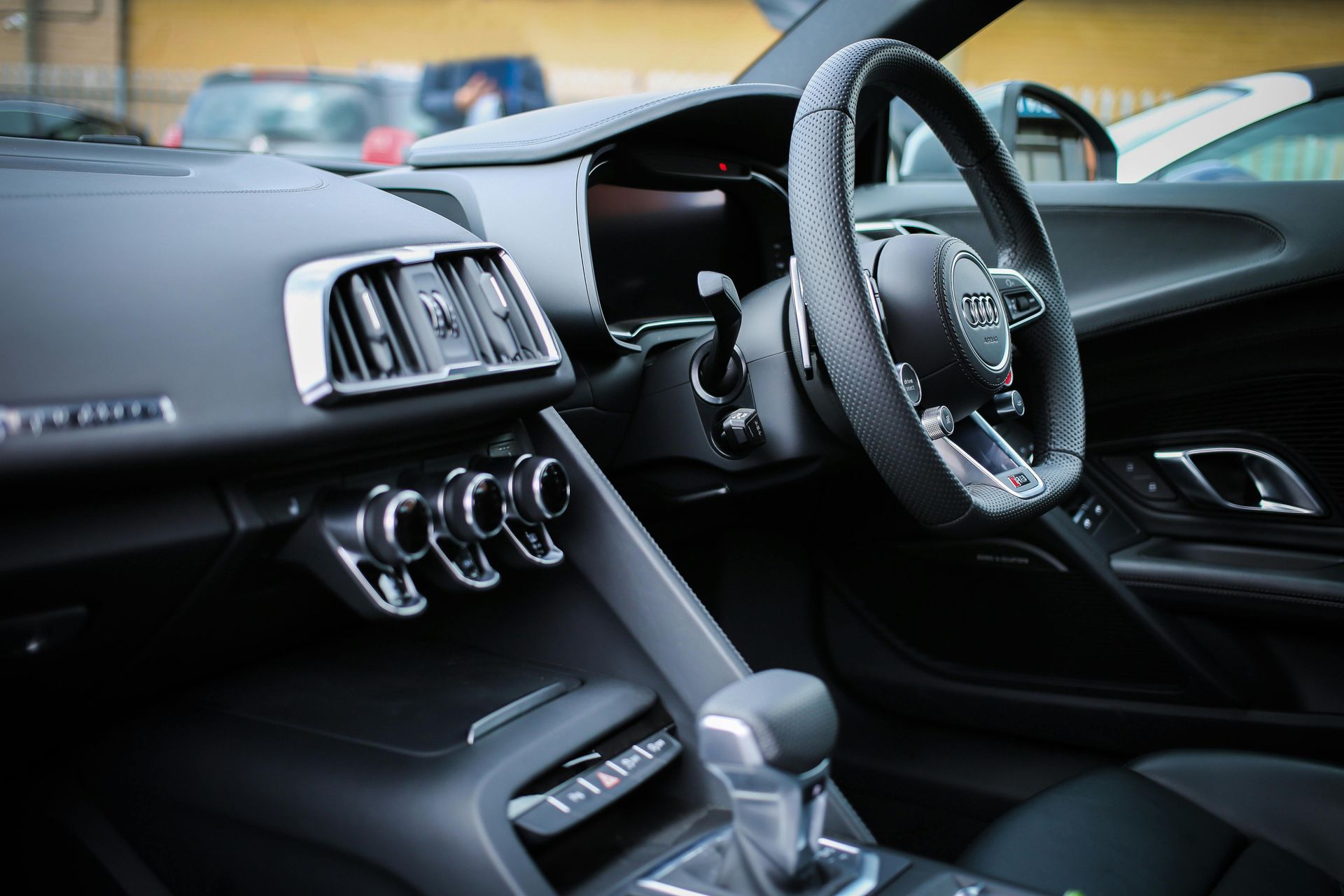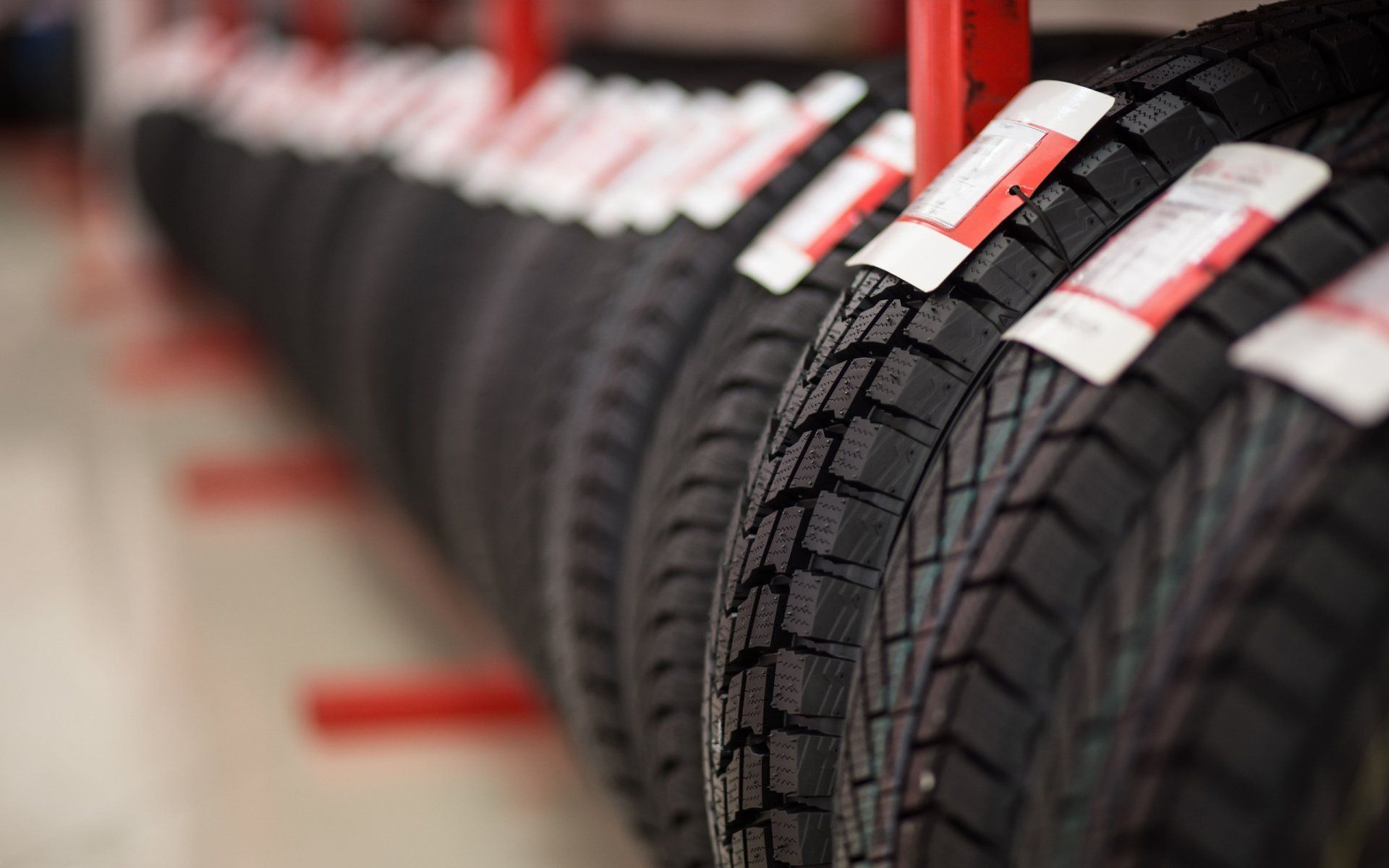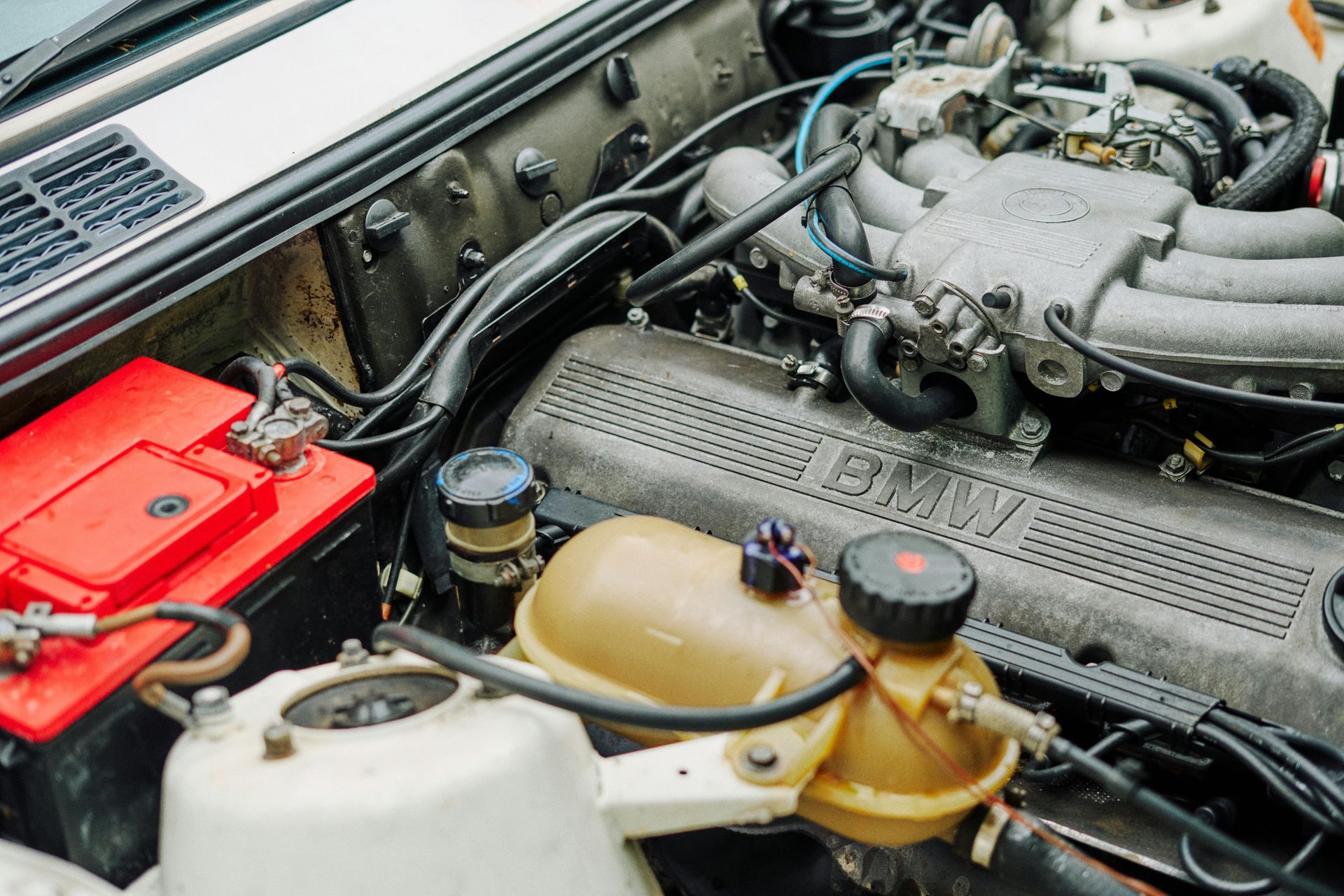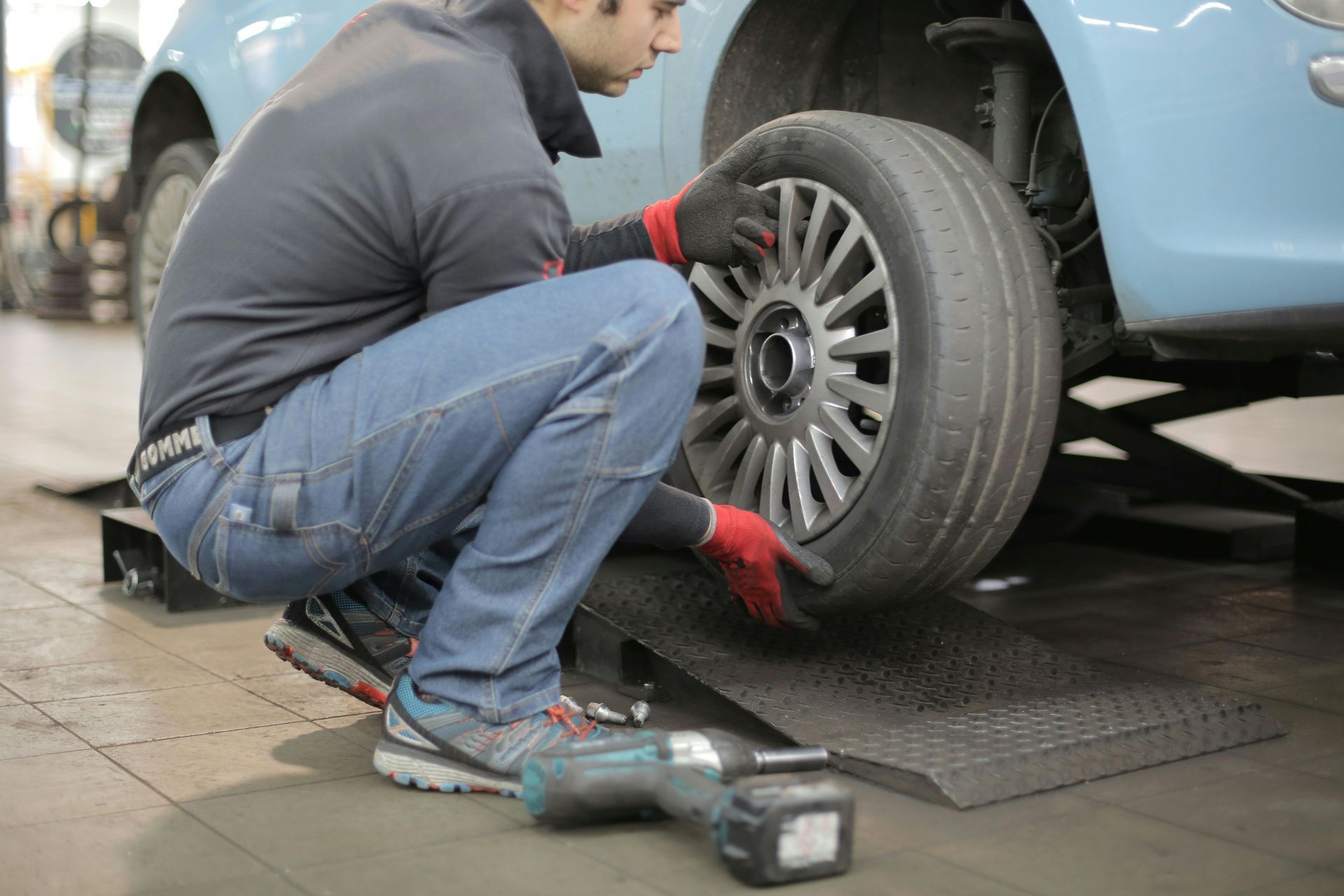The Importance of Brake Maintenance
Brake service is one of the most critical components of vehicle maintenance. Without proper brakes, driving can become dangerous, and can cause unwanted accidents. If you live in the Terrell, TX area, then Greens Tire & Auto is the perfect place for all of your brake service needs.
We believe that brake service should be both affordable and top-quality, which is why we only use the best brake parts and the most experienced technicians. With our brake service, you can enjoy smooth, secure, and confident driving on the roads of Terrell, TX.
Quality Brake Parts
At Greens Tire & Auto, we only use the highest-quality brake parts, ensuring that your vehicle will be stopping on a dime every time. Our brake parts are designed to meet or exceed the standards set by the original equipment manufacturer, giving you the peace of mind you need when it comes to your vehicle's safety.
Our brake parts are also designed to last longer, reducing the need for frequent brake service and helping you save money in the long run. So, whether you're looking for new brake pads, rotors, or calipers, we've got you covered.
Experienced Technicians
Our technicians are the best in the business, with years of experience and training in all aspects of brake service. They have the knowledge and expertise to diagnose any brake issues you may be experiencing and find the right solution to get you back on the road quickly.
Our technicians will also perform a comprehensive brake inspection, checking all of the components of your braking system to ensure that everything is working correctly. If they find any issues, they'll provide you with a detailed report of what needs to be fixed, and give you an estimate for the cost of the repairs.
Affordable Brake Service
At Greens Tire & Auto, we understand that brake service can be expensive, which is why we offer the most affordable brake service in the Terrell, TX area. Our prices are competitive, and we offer a range of special deals and discounts to help you save even more.
We also offer a warranty on all of our brake parts and services, giving you the peace of mind you need when it comes to your vehicle's safety. So, whether you're looking for routine brake service or a complete brake system overhaul, we've got you covered.
Brake Service for All Vehicles
No matter what type of vehicle you drive, we can provide you with the brake service you need. Our technicians are experienced with all types of vehicles, from cars and trucks to SUVs and vans. We can provide brake service for all makes and models, including both domestic and foreign vehicles.
So, if you're looking for the best brake service in Terrell, TX, look no further than Greens Tire & Auto. Our experienced technicians, quality brake parts, and affordable prices make us the best choice for all of your brake service needs.


